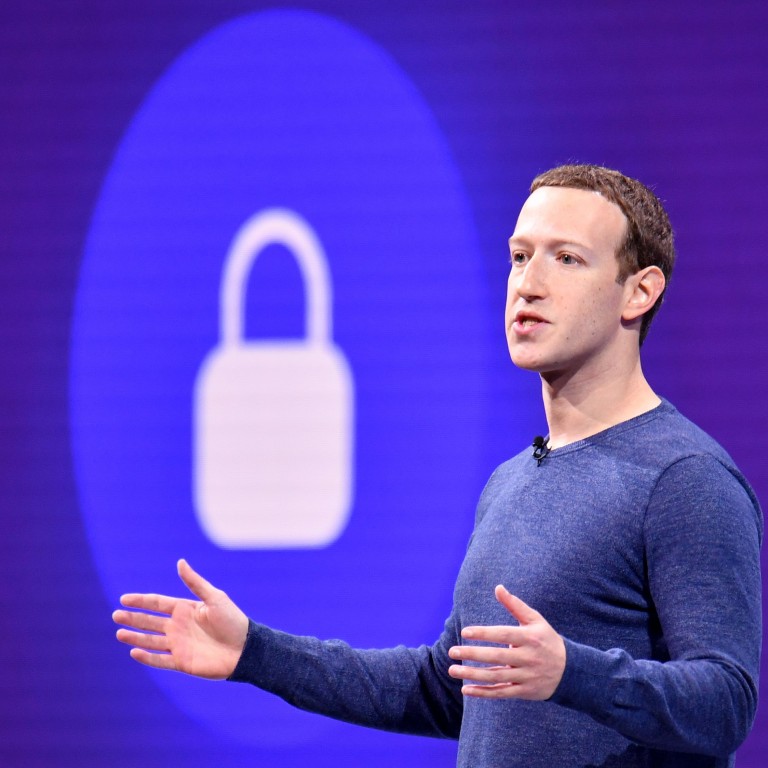
Challenges ahead for Facebook’s ‘supreme court’ for content
- The idea of an oversight board to decide what to do about contentious material is laudable, but it will be of limited worth unless it is truly independent, representative and can impact policies
Facebook has twice as many users as China has people and being global, considerably more diversity. The social media network is a reflection of the world, its pages presenting every conceivable viewpoint and the widest imaginable spectrum of the good and bad of humanity. That inevitably leads to problems with content, which is why the United States-based company has pushed ahead with plans to establish an oversight board to decide what to do about contentious material. The idea is laudable, but will be of limited worth unless it is truly independent, representative and can impact policies.
Envisaged by Facebook founder and chief executive officer Mark Zuckerberg last year, the board aims to act as the social media giant’s “supreme court”. Disputes over decisions on content made by moderators based on policies, rules and regulations can be appealed to the board. It would be funded by the firm through a trust, have between 11 and 40 part-time members from around the world, and begin work in the first half of next year. The company says it gets millions of requests regarding posts each week, so the board’s main task would be to handle cases that have the “greatest public benefit”, amounting to perhaps several dozen a year.
Social media, mostly US-dominated, has long been under fire for content spreading fake news and hate speech, promoting terrorism, enabling bullying and depicting violence and nudity. Controversially, it has influenced the election outcomes and in the case of Facebook in particular, enabled an Australian terrorist to live-stream the mass murder of 51 people in shootings at two mosques in New Zealand in March. Beijing accused Facebook of supporting anti-government protesters in Hong Kong by suspending a state media outlet’s page and the police reporting hotlines on WhatsApp, the company’s messaging service. An oversight board would take such complaints, if considered important enough, out of the company’s direct control and make decisions that could override rules and policies.
But balancing free speech and protecting people from manipulation, violence and harassment is easier said than done. Facebook will appoint the initial panel members and is looking for people with a broad range of knowledge, competencies and expertise who are impartial and lack conflicts of interest. That is challenging in itself; that they also have to represent a world of views through an extraordinarily wide set of policy perspectives makes the task daunting. What is acceptable in one country may not be in another.
If Facebook can get the right mix, it could be a model for Twitter, Google and others to follow. But there has to be genuine independence, accountability, transparency and every effort made to be free of bias.

